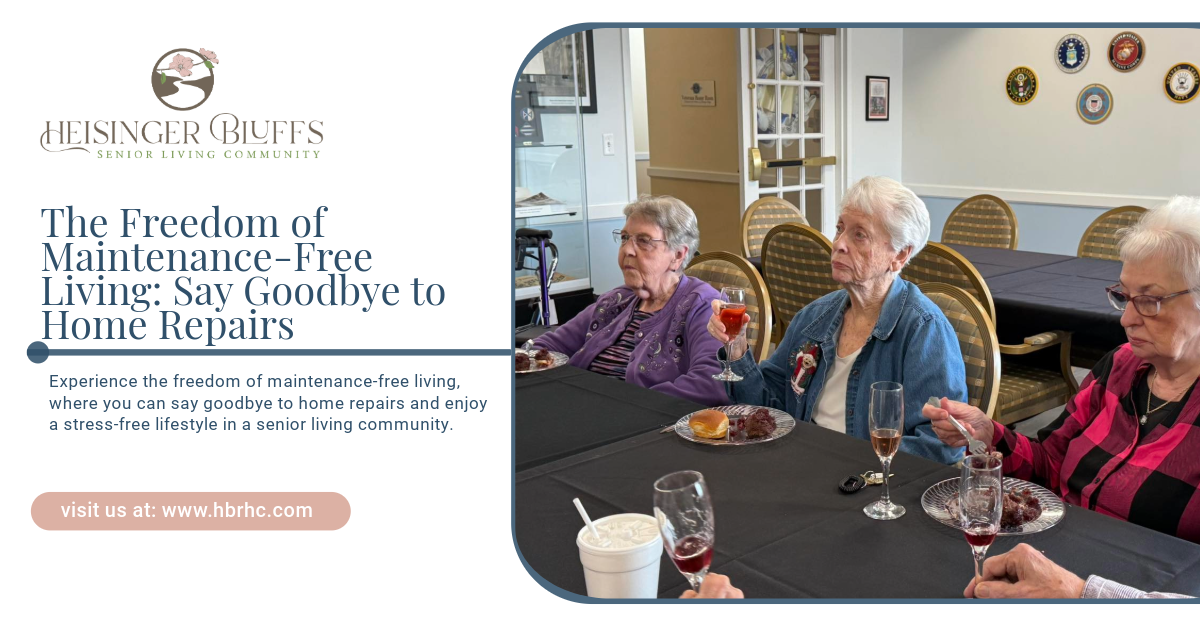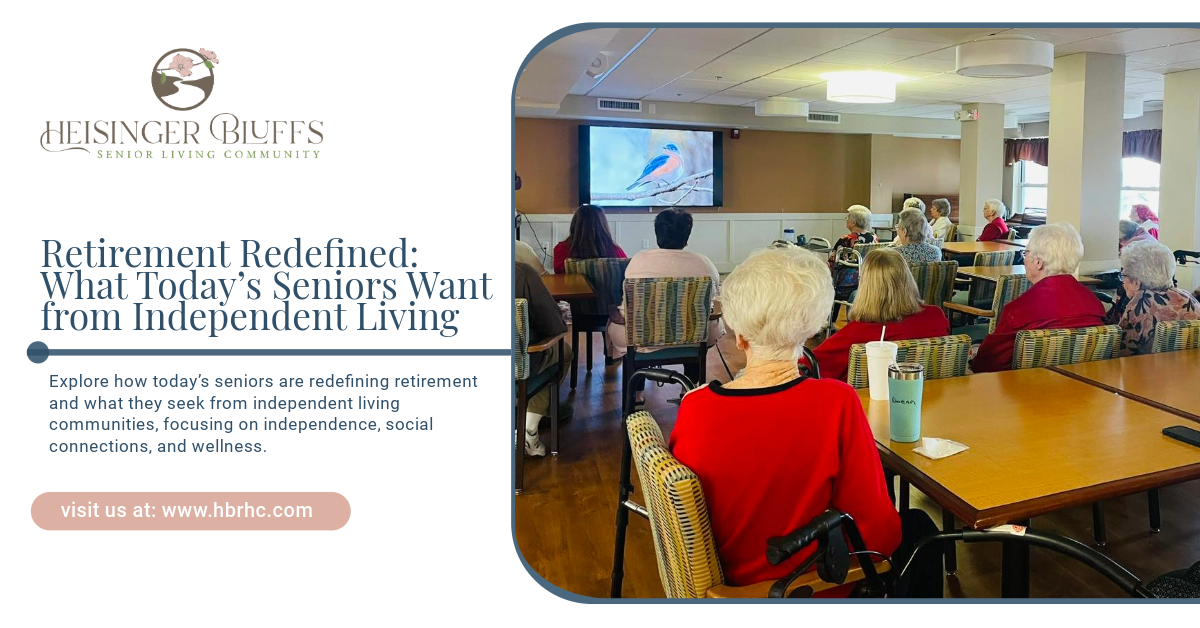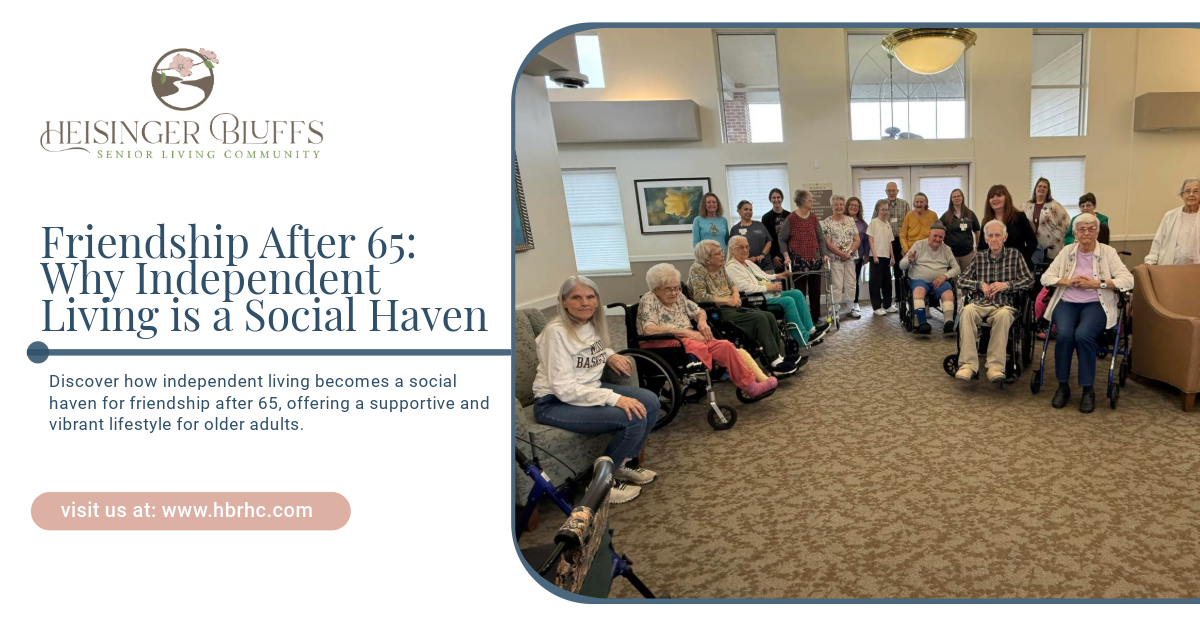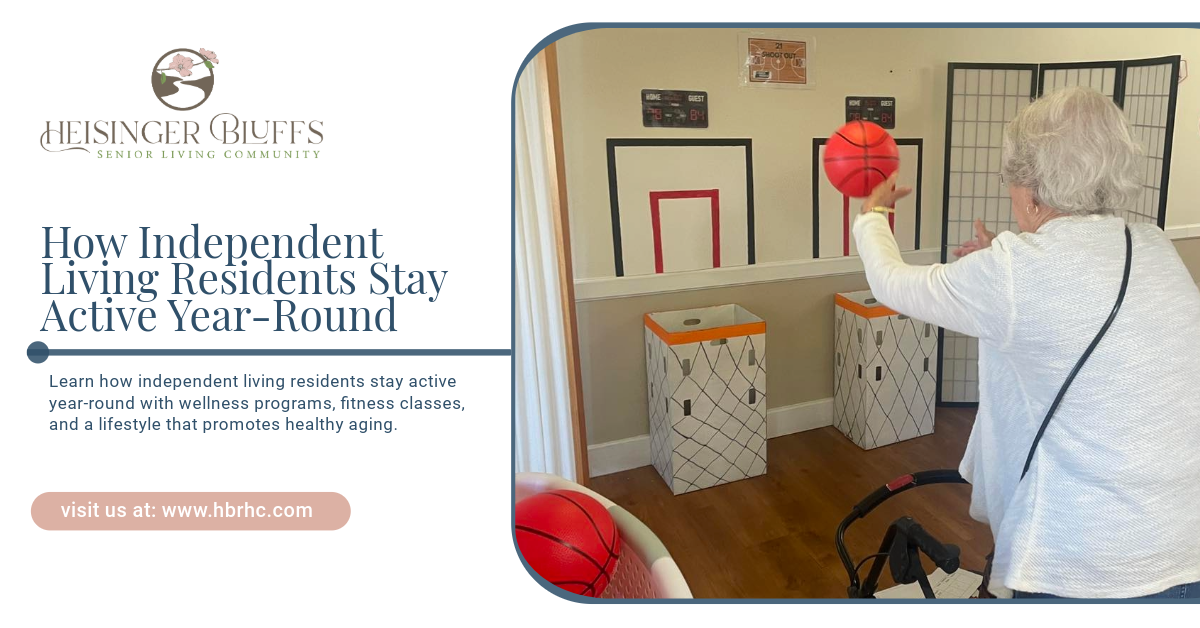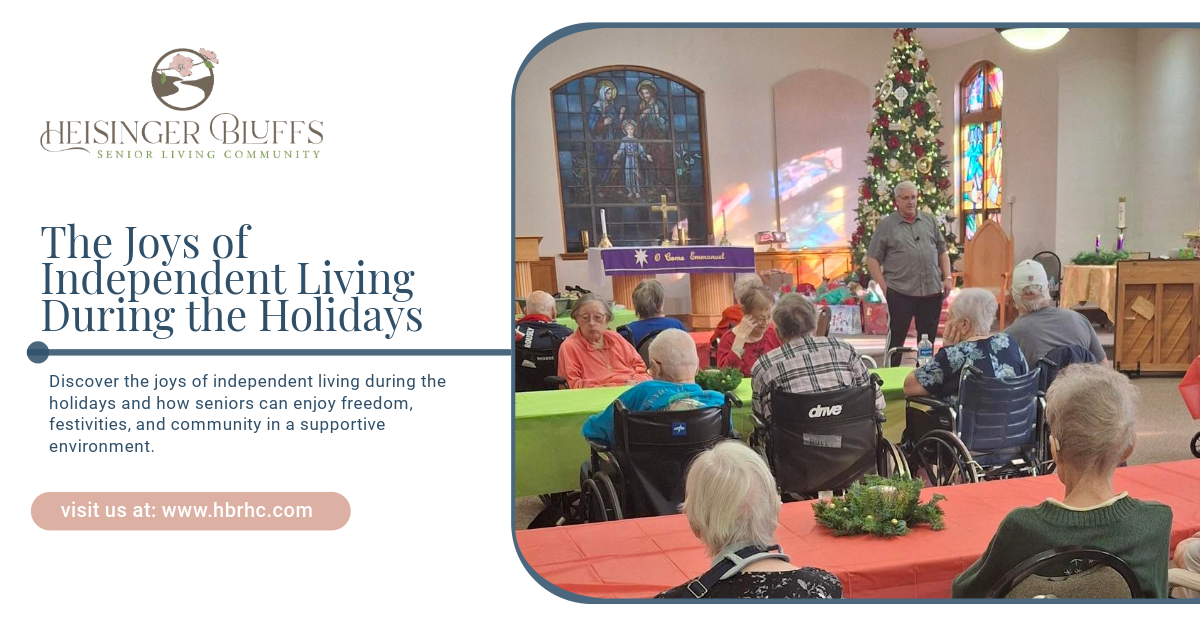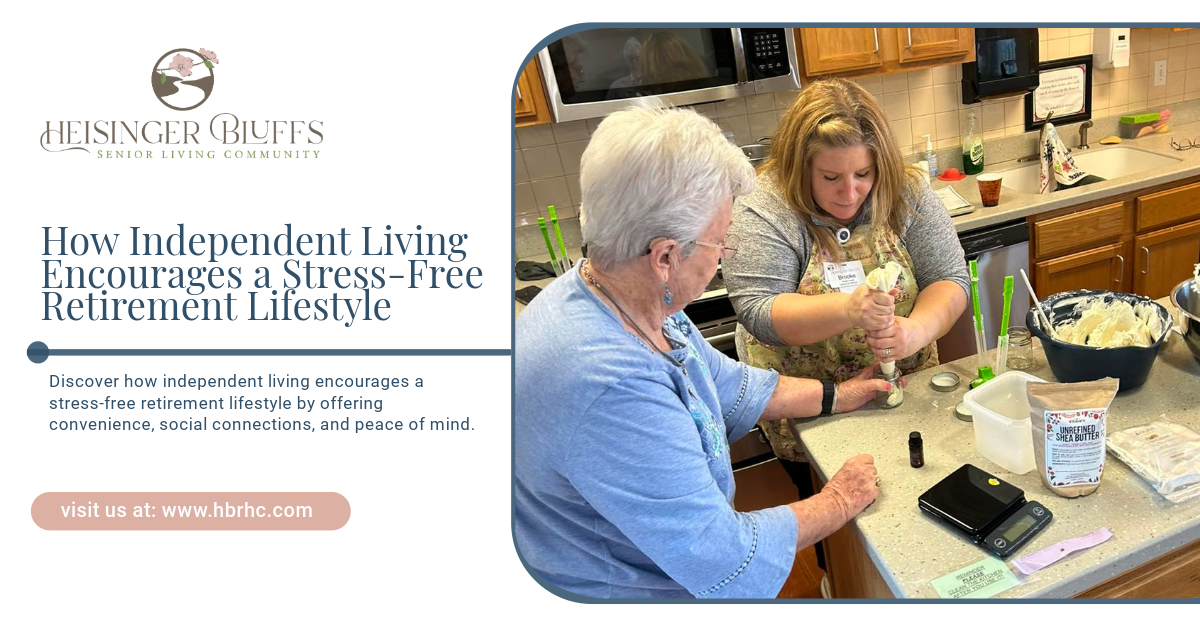Get in touch
The Science of Memory Loss: How Memory Care Programs Address Cognitive Decline

Memory loss is a natural part of aging for many people, but when it progresses to the point of interfering with daily life, it may signal the onset of dementia or other cognitive disorders. These conditions are not only challenging for those experiencing them but also for their families. Thankfully, memory care programs provide specialized environments, resources, and therapies to support individuals facing cognitive decline.
In this blog, we’ll dive into the science behind memory loss, what causes cognitive decline, and how memory care programs are specifically designed to enhance quality of life and preserve cognitive function for as long as possible.
Understanding Memory Loss: What Happens in the Brain?
Memory loss occurs when the brain's ability to store, retrieve, and process information begins to deteriorate.
- The Role of the Hippocampus: The hippocampus, responsible for forming new memories, often shrinks with age, affecting short-term memory.
- Neurodegeneration: Diseases like Alzheimer’s cause nerve cells in the brain to die, disrupting memory and cognitive abilities.
- Plaques and Tangles: In conditions like Alzheimer’s, abnormal protein buildups (amyloid plaques and tau tangles) further impair communication between neurons.
Common Causes of Cognitive Decline
- Age-Related Changes: Normal aging may cause slower memory recall but doesn’t severely impact daily life.
- Dementia and Alzheimer’s: These conditions lead to progressive and irreversible cognitive decline.
- Other Factors: Stroke, head injuries, depression, and certain medications can also contribute to memory loss.
Signs and Symptoms of Memory Loss
Recognizing early signs of memory loss is crucial for timely intervention.
- Mild Cognitive Impairment (MCI): Difficulty remembering recent events, misplaced items, or finding words.
- Dementia Symptoms: Confusion, mood changes, difficulty following directions, and trouble with problem-solving.
- Behavioral Changes: Increased agitation, withdrawal from social activities, or noticeable personality shifts.
When these symptoms interfere with daily life, it’s time to consider specialized care.
How Memory Care Programs Help
Memory care programs are designed to meet the unique needs of individuals experiencing memory loss.
A. Specialized Environments
- Safe Spaces: Secured areas prevent wandering and ensure safety.
- Soothing Design: Calm, structured environments reduce confusion and anxiety.
- Visual Cues: Signs, colors, and layouts help residents navigate easily.
B. Tailored Therapies
Memory care programs incorporate therapies to stimulate cognitive function:
- Reminiscence Therapy: Encourages recalling past memories to strengthen connections.
- Art and Music Therapy: Stimulates emotions and triggers memory recall.
- Cognitive Exercises: Puzzles, games, and brain-training activities improve focus and problem-solving skills.
C. Personalized Care Plans
- Individual Assessments: Each resident’s cognitive abilities, preferences, and challenges are evaluated.
- Customized Routines: Structured schedules help reduce anxiety and promote familiarity.
Emotional and Social Support in Memory Care
Memory loss doesn’t just affect the brain—it impacts emotions and relationships too.
A. Social Connection
- Group Activities: Programs encourage participation in group events to foster community and combat loneliness.
- Family Involvement: Memory care programs often include family education and support to help loved ones stay connected.
B. Emotional Support
- Trained Staff: Caregivers with specialized training provide empathy and understanding.
- Therapeutic Techniques: Behavioral interventions address agitation and mood swings compassionately.
Emotional well-being directly impacts cognitive function, making these elements integral to memory care.
The Science Behind Slowing Cognitive Decline
While there is no cure for conditions like Alzheimer’s, research shows that certain activities and interventions can slow cognitive decline:
- Physical Activity: Exercise improves blood flow to the brain and stimulates neurogenesis (the creation of new neurons).
- Healthy Diet: Diets rich in omega-3s, antioxidants, and whole grains support brain health.
- Mental Stimulation: Lifelong learning and challenging the brain with new activities help maintain cognitive abilities.
- Consistent Routines: Familiarity reduces confusion and supports memory retention.
Memory care programs integrate these strategies into daily life, providing a science-backed approach to care.
The Role of Caregivers in Memory Care
Caregivers are the cornerstone of memory care programs, offering more than just assistance with daily tasks.
A. Specialized Training
- Understanding the stages of memory loss and tailoring interactions accordingly.
- Managing challenging behaviors with patience and compassion.
B. Emotional Resilience
- Caregivers provide encouragement and emotional stability for residents and their families.
C. Building Trust
- Consistency and clear communication foster trust and a sense of security.
Technological Innovations in Memory Care
Technology is increasingly being used to enhance memory care programs:
- Cognitive Apps: Brain-training apps designed for seniors.
- Virtual Reality (VR): VR experiences allow residents to relive positive memories or explore new places.
- Wearable Devices: Track health metrics and provide reminders for daily tasks.
These tools complement traditional therapies and provide exciting new ways to engage residents.
Conclusion
Memory loss is a complex process that requires more than medical interventions. Comprehensive memory care programs combine science-backed strategies, emotional support, social connection, and personalized care to address cognitive decline holistically.
At Heisinger Bluffs, we are dedicated to providing exceptional memory care that meets the unique needs of our residents. Our compassionate staff, specialized programs, and state-of-the-art facilities create an environment where individuals can thrive. Contact us today to learn more about our memory care services.
Frequently Asked Questions
What makes memory care different from traditional senior living?
Memory care offers specialized environments, therapies, and routines specifically designed to support individuals with cognitive decline, such as dementia or Alzheimer’s.
Can memory care programs slow the progression of dementia?
While there is no cure for dementia, memory care programs can slow cognitive decline through activities like cognitive exercises, physical fitness, and personalized therapies.
How do memory care programs support families of residents?
Memory care communities often provide education, counseling, and regular updates to help families understand the condition and stay involved in their loved one’s care.



Want to know more?
We will get back to you as soon as possible.
Please try again later.
You May Also Like To Read
Heisinger Bluff’s Life Plan Community is here to make your senior years safe, stimulating and enjoyable so that you can savor the present, knowing the future will be taken care of.
QUICK LINKS
CONTACT
©2024. Heisinger Bluffs. All rights reserved.


